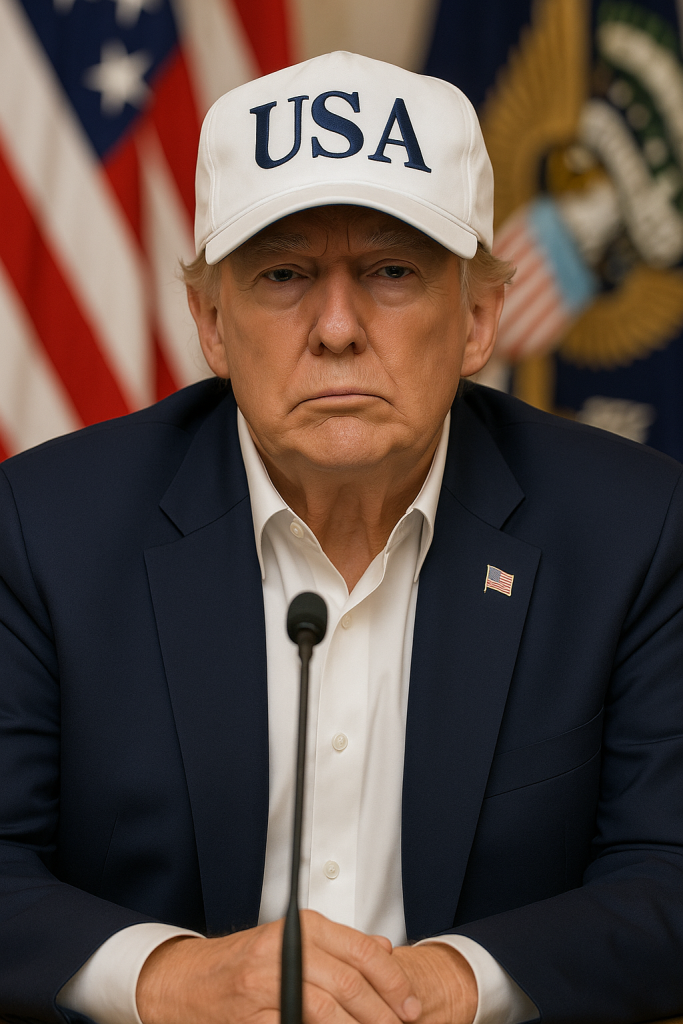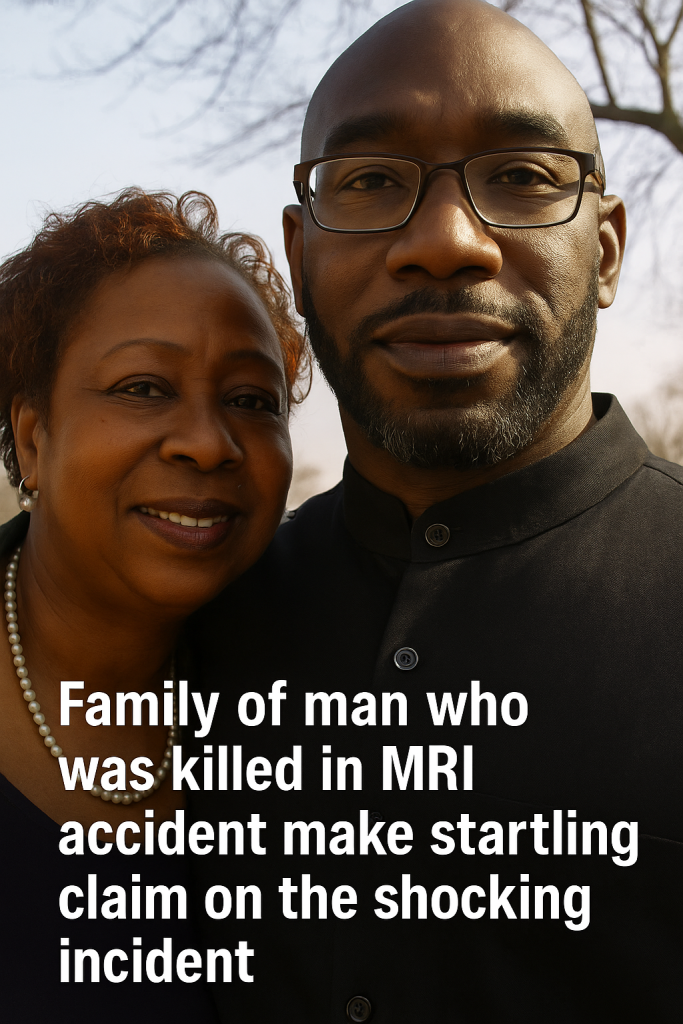Former President Donald Trump clashed with a reporter during a recent press event in Texas when asked about flood warnings issued amid severe weather conditions. The exchange quickly escalated after Trump described the question as “evil,” sparking widespread attention and debate on social media.
The incident occurred during an April 2024 media gathering focused on disaster preparedness and response efforts following significant flooding in parts of Texas. As local authorities continued to urge caution, a reporter pressed Trump on whether his administration’s policies had contributed to delays in federal flood warnings in the state. The question implied accountability for perceived mismanagement in flood alert systems.
Trump’s response was immediate and forceful. Calling the question “evil,” he rejected the suggestion of negligence or responsibility. “That’s an unfair and totally biased question,” Trump said emphatically. “We’ve always supported Texas and its people. We worked hard on infrastructure and emergency services. You’re trying to create a controversy where none exists.”
The former president then pivoted to highlight actions taken during his time in office, emphasizing investments in flood control projects and coordination with state agencies. He also criticized the media’s handling of natural disaster news, accusing reporters of politicizing emergencies to score points against his administration and its legacy.
The reporter stood firm, pressing Trump for specifics, but the ex-president declined to elaborate extensively, instead urging for a focus on ongoing recovery efforts rather than retrospective blame.
The exchange comes amid heightened scrutiny of emergency communication systems as Texas faces recurring weather-related challenges. Recent storms have overwhelmed local infrastructure in several areas, prompting questions about the effectiveness of early warning protocols and federal support. Community leaders have called for improved coordination and transparency to better protect residents in flood-prone regions.
Public reaction to the interaction was divided. Supporters praised Trump’s refusal to be “baited” by what they described as a hostile question, applauding his defense of his administration’s record. Critics argued that dismissing concerns about flood warnings as “evil” was dismissive of legitimate accountability questions and showed a lack of empathy toward those affected by the floods.
This was not the first time Trump has openly challenged members of the press during Q&A sessions, and the moment reinforces the ongoing contentious relationship between the former president and media representatives. Analysts suggest that such confrontations highlight the polarized political climate surrounding disaster management and governmental responsibility.
As Texas continues to manage flood recovery efforts, officials reiterate the importance of timely alerts and cooperative efforts across all levels of government. The debate sparked by this confrontation underscores the complexities of disaster preparedness in an era of escalating climate challenges and political division.
In summary, the April 2024 incident illustrates the tension between political figures and the media when addressing sensitive topics like public safety and emergency readiness. While the conversation was brief, it resonated widely, reflecting broader concerns about how natural disasters are reported and managed in the United States.



